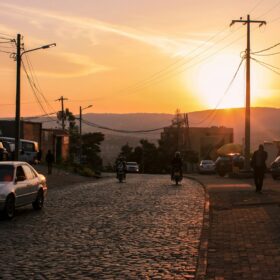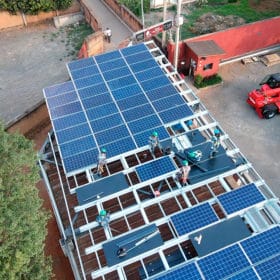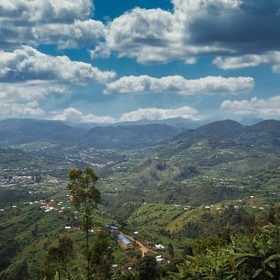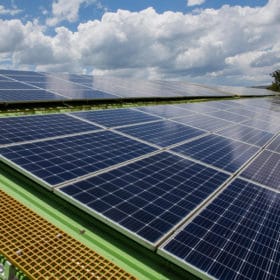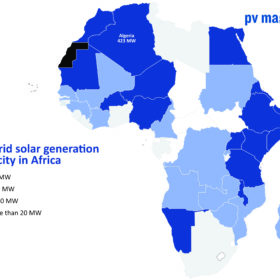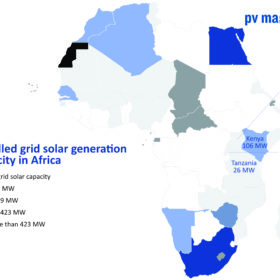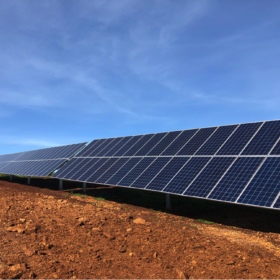Study estimates global floating solar potential at 1,302 TWh
A UK-based research team has calculated the global potential of deploying floating solar arrays on almost 68,000 lakes and reservoirs. It found some countries could generate the majority of their electricity needs from floating solar panels, while five could meet all their electricity demand.
Renewable energy adoption taking off in Rwanda
The European Union has secured a critical raw materials deal with Rwanda, expanding collaboration between the two sides – particularly in the solar sector. A friendly regulatory environment deserves credit for helping to fast-track the adoption of solar, according to local analysts.
Net metering would offer a solar rooftop alternative to uneconomic Kenyan utilities
Commercial and industrial clients across the continent are turning to solar amid fears ever more cash-strapped conventional electricity companies will be unable to invest in their creaking grids, an online event has heard.
Rwanda seeks consultants to support development of mini-grids
The Development Bank of Rwanda wants to finance developers to build photovoltaic and mini-grids ranging in size from 10 kW to 1 MW.
First African solar project capacity financed under €5m crowdfunding-backed partnership
Swedish platform Trine, which offers people the chance to invest in solar from as little as €25, has announced plans to generate €5 million credit for South African solar leasing partner Solarise Africa.
Sahel-wide group buying program could drive solar home system supply
A report commissioned by EU lender the EIB has dismissed the role solar mini-grids can play in achieving universal electrification by 2030 and signaled distribution to individual households should be the way forward, including sales to the residents of UN refugee camps in East Africa.
East African renewables developers and investors need matchmaking
Lack of grid capacity and renewable energy institutions are a common lament in sub-Saharan Africa but there is no lack of cash to invest, nor eligible projects in East Africa, as a recent event heard; the problem lies in marrying the two.
West African commercial solar installer looks east
Nigeria and Ghana-based Starsight Energy has spent an undisclosed amount to acquire a half stake in the Kenyan subsidiary of East African peer Premier Solar Group.
‘Solar can energize the East African recovery’
Patrik Huber, co-founder and managing director for East Africa at renewables leasing company Solarise Africa, has spoken to pv magazine about the company’s take on how the region can prime for a green recovery. Huber explained Solarise’s contribution to the recovery includes recent expansion into three new countries.
Crossboundary offers up its mini grids business model for African peers to benefit
The Kenyan financial services business has been developing rural mini grids across Africa and has announced plans to show its rivals how such networks can thrive, in a bid to accelerate access to electricity on the continent.

